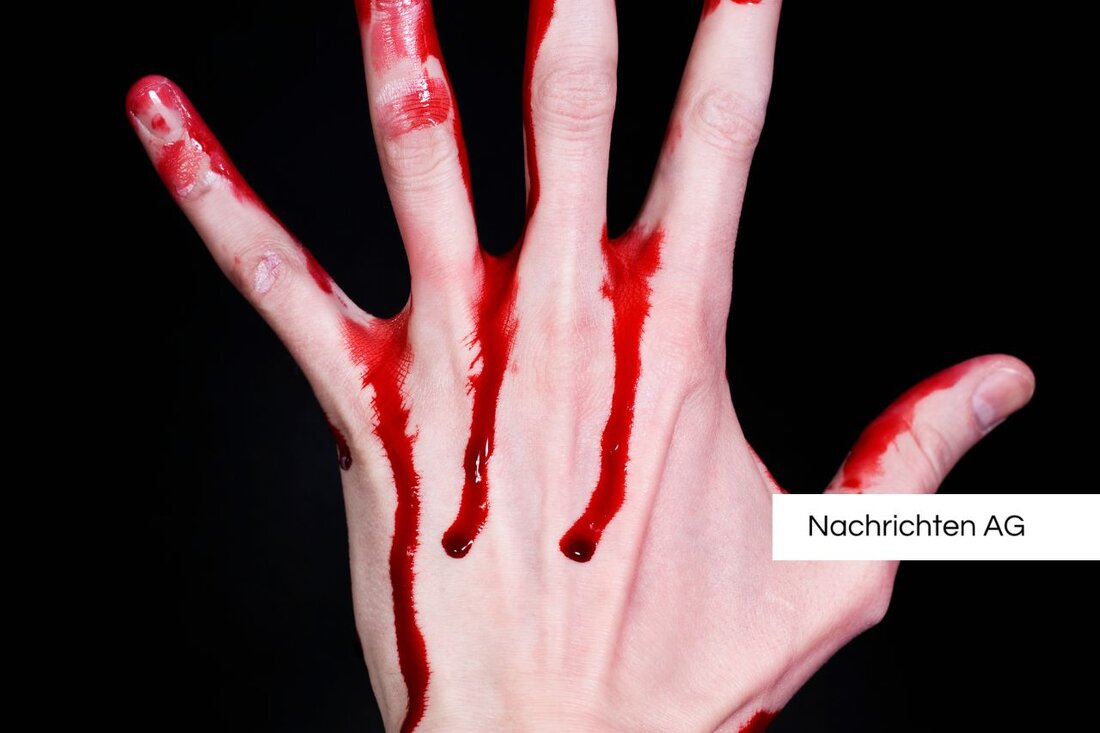Wiesbaden honors super donors: blood donations save lives!
In Wiesbaden, the DRK honored 96 blood donors, including Erik Rumpeltesz for over 150 donations. Health Minister Stolz took part.

Wiesbaden honors super donors: blood donations save lives!
Last Saturday, special honors for blood donors took place in Wiesbaden. The blood donation service of the Hessian regional association of the German Red Cross (DRK) awarded awards to a total of 96 donors who had distinguished themselves through their tireless efforts. The Hessian Health Minister Diana Stolz (CDU) was also present at the celebratory event in the historic Biebrich Castle.
An outstanding example is Erik Rumpeltesz from Rüsselsheim, who was honored for his extraordinary achievement of over 150 blood donations. The 45-year-old has been donating regularly since he was 18 and has started a family tradition with his father and son also donating blood. Despite this impressive record, Rumpeltesz sees the honor as a minor matter because he has never needed a blood donation himself.
The importance of blood donations
DRK spokeswoman Nora Löhlein emphasized how important blood donors are for society. Blood is not only used in emergencies, but also required during operations, births and serious illnesses. It is noteworthy that a single blood donation can potentially save up to three lives; around 20 percent is needed for cancer therapies.
But the situation is serious. Demographic change and the decline in young blood donors represent a major challenge. On the occasion of World Blood Donor Day on June 14, 2025, Georg Götz, chairman of the DRK blood donation services, warned of the declining number of donors in younger age groups. In 2024, around 3.16 million people took part in 40,696 DRK blood donation appointments, with the number of first-time donors falling by 6 percent compared to the previous year.
Challenges for the blood supply
Experts are sounding the alarm: The number of potential blood donors between the ages of 18 and 65 is continually decreasing, while the number of older people who are constantly dependent on blood products is increasing. Professor Dr. Hermann Eichler explained that people over 65 in particular need more transfusions - a worrying trend for the blood supply in Germany.
In addition, the summer months traditionally bring a decline in the willingness to donate, as many people go on vacation or are deterred by heat waves. The corona pandemic has put additional strain on the situation, as many potential donors are refraining from donating blood for fear of infection.
The DRK blood donation services have already taken measures to sensitize young people to the issue and encourage them to donate blood. Regular blood donations are not only important, but life-saving - and that is a message that needs to be increasingly sent to all age groups.
Overall, it should be noted that the commitment of blood donors must continue to be highly valued in order to ensure long-term medical care in clinics. The focus should be on recognizing existing donors as well as attracting new, especially young, donors.
For further information and background information, you can read the relevant articles at FFH, Blood Donation Life and Medicine Aspects: FFH, Blood donation life, Medical aspects.

 Suche
Suche
 Mein Konto
Mein Konto